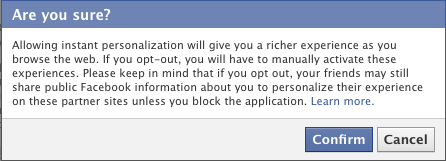
A while back, I went on a tear about Fox News and just how bad they are at actually delivering news, and how people who listen to them need to hold themselves accountable. Since then, I think someone defriended me on FaceBook for the note. I suppose I had one too many friend. Fox is part of a right wing media conglomerate controlled by Rupert Murdoch, where his goal is to control the message, and thereby have a strong say in our government. And he’s very successful through truly deceitful means. Even the name of the conglomerate is deceitful- News Corp. It’s not. It’s lies with a bit of truth sprinkled in to help people suspend disbelief about the lies. He’s not the first to do it, but seemingly he’s the most effective. Let’s take a moment to pay tribute to the master, however, William Randolph Hearst, the newspaper magnate.
Is there a good honest news source? My preferred news sources these days are as follows:
This is perhaps the most popular news aggregator there is. Google doesn’t actually do any of the reporting but just groups together related stories, and I can compare points of view based on the source of the story. Say, Fox versus The Guardian.
NPR remains a strong source of news with stories that one can listen to on the radio that are more than just sound bites. They have in depth interviews with key political players as well as scientists. I have always found their business reporting to be somewhat limiting. This leads to a more controversial preference.

The Journal is the paper of record for business news, even though they are part of News Corp. It is rare that you read a retraction on a story that matters (I can’t remember one, actually). But they are a relatively recent addition to the conglomerate, and so the impact has been limited to what stories they choose to report, headlines, and their editorial staff. Hosting a shady character like Karl Rove immediately disqualifies what was already a colored view, even prior to the takeover.
Note that nowhere in my list are any of the major television networks. That’s largely due to several factors:
- I live outside the United States and so my access to network programming is somewhat limited;
- Their stories tend to be short and lack depth, except for news magazines, which I don’t have access to.
Take the OfCourseImRight Poll:


